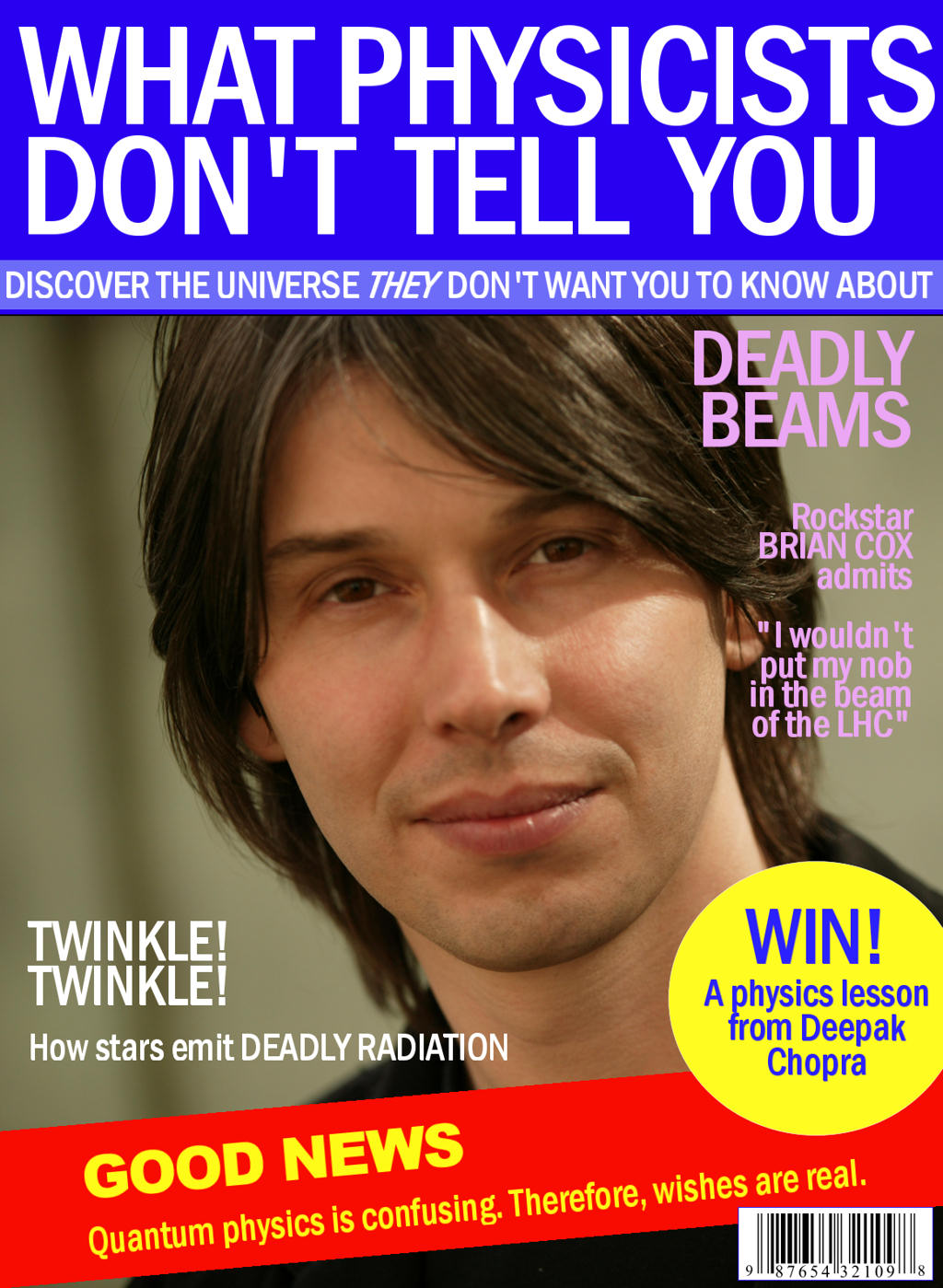Cancer? Have some Parsley and Dill
 We have long seen and heard of supplements
and herbs and ‘natural’ remedies that can cure any disease you have, including
cancer. It irks me when I see headlines such as “Parsley and Dill could besafer than chemo”. Nevertheless, if you remember my previous blog on a magazine I had discovered called 'What Doctors Don't Tell You' - this is the headline they decided to run with. The article focuses on a study published in
the Journal of Natural Products, Yes,
that is apparently a real journal. Which has an impact factor of 3.7 (in
2014), ridiculously low – meaning it would be easy to get something published in
there and what is published in there, really isn’t of much value to the world
of actual science, shockingly.
We have long seen and heard of supplements
and herbs and ‘natural’ remedies that can cure any disease you have, including
cancer. It irks me when I see headlines such as “Parsley and Dill could besafer than chemo”. Nevertheless, if you remember my previous blog on a magazine I had discovered called 'What Doctors Don't Tell You' - this is the headline they decided to run with. The article focuses on a study published in
the Journal of Natural Products, Yes,
that is apparently a real journal. Which has an impact factor of 3.7 (in
2014), ridiculously low – meaning it would be easy to get something published in
there and what is published in there, really isn’t of much value to the world
of actual science, shockingly.
Isoflavone
The article places focus on Isoflavone; a
naturally occurring phenol, often referred to as phytoestrogens due to their
biological activity effecting the estrogen receptors. Soy beans are a great
source of isoflavones, for example. I should point out here that Isoflavone is
a very broad term, very broad. What is quite remarkable about these is that
they are relatively untested for safety and efficacy. Obviously as they are
naturally occurring, organic shills will jump on this avenue claiming
ridiculously stupid, untested benefits. It was only last year, after all, that
one of the isoflavinoids was identified to cause biliary atresia when infants
were exposed to it.
The main focal point is placed on the
isoflavone glaziovainin A. So, lets take a look at this thought provoking,
innovative study entitled: Efficient Synthesis of Glaziovianin A isoflavone Series from Dill and Parsley Extracts and Their in Vitro/In Vivo Antimimotic Activity. Well, there isn’t much to say,
other than that they are really looking more at the pathways of biological
metabolism. There is no conclusive proof of anything, not even the pathways
they appear to have produced. Yet, the author, Alex Kiselev, of the paper
states:
"Both improvement of existing
therapies and search for innovative approaches are essential components of a
quest to treat cancer. Our combined team developed a simple method of producing
glaziovianin A and its structural analogs, which inhibit the growth of human
tumor cells, using feasible building blocks from nature. Furthermore,
evaluation of these novel agents in vivo using our validated sea urchin embryo
assays yielded several promising candidates selectively affecting tubulin
dynamics"
I did however, find some light in all of this. I found a website mimicking 'what doctors don't tell you' magazine covers, such as:

Conclusion
To claim that you have conducted a study
that has produced a cure for one of the most horrific diseases is one thing. To
claim you can pit it against the one thing we know can destroy cancer cells is
another. To claim that it works better, that is just absurd. How these ‘scientists’
and the media get away with producing and marketing such articles is
unfathomable. The naturalistic fallacy of 'natural means healthy' really has to be stopped and is so misunderstood amongst the general population - that is what these people play on. I implore you not to listen to them and read actual evidence and
science based medicine, not the pseudoscientific bullshit that these despicable
quacks have produced.
